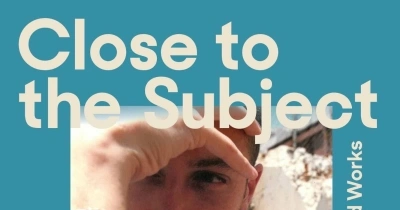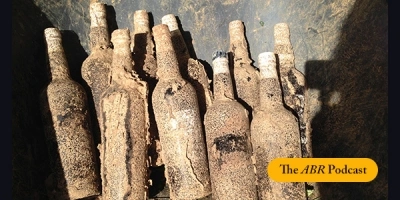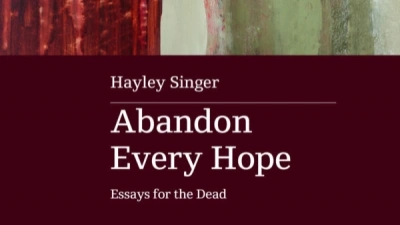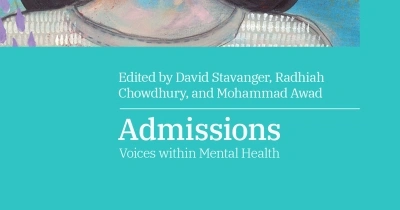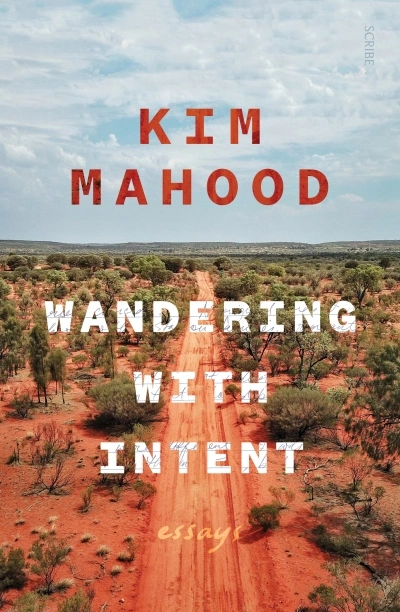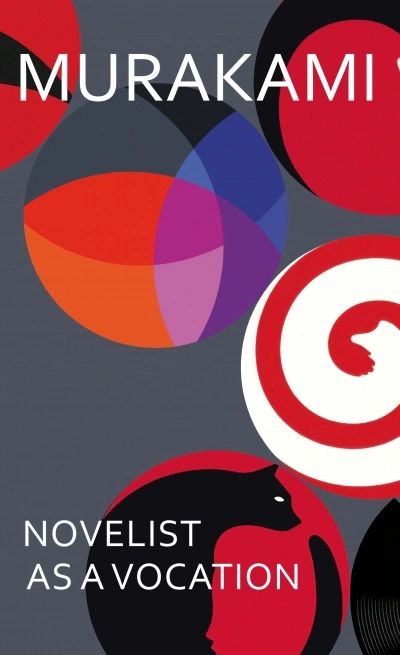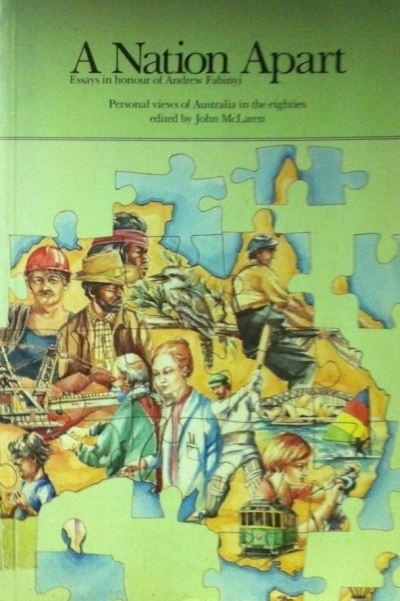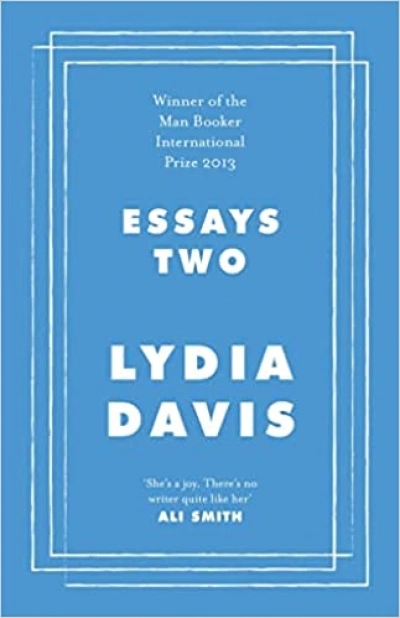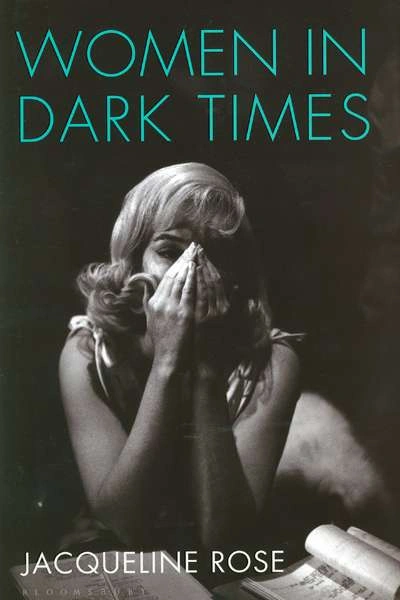Essays
This week on the ABR Podcast we feature the 2023 Calibre Essay winner, ‘Flow States’, by Tracy Ellis. ‘Flow States’ begins with a single drop of water produced by a household tap left running. From here, Ellis crafts a tale on the obliterative power – real, existential, and metaphorical – of floodwater. Tracy Ellis, a Sydney-based editor, was the winner of the 2022 ABR Elizabeth Jolley Short Story Prize and thus becomes the first writer to win two separate ABR prizes. Listen to Tracy Ellis read ‘Flow States’. ... (read more)
Admissions: Voices within mental health edited by David Stavanger, Radhiah Chowdhury, and Mohammad Awad
by James Dunk •
Novelist as a Vocation by Haruki Murakami, translated by Philip Gabriel and Ted Goossen
by Cassandra Atherton •
Over the last few years Australia has undergone a nationalistic cultural renaissance. Just as manufacturers have discovered that the addition of the Advance Australia logo has added a healthy percentage to retail sales, so too the ‘manufacturers’ of popular culture have discovered a more receptive home market, which has helped them weather the recession better than other industries.
... (read more)Essays Two: On Proust, translation, foreign languages, and the City of Arles by Lydia Davis
by Frances Wilson •


